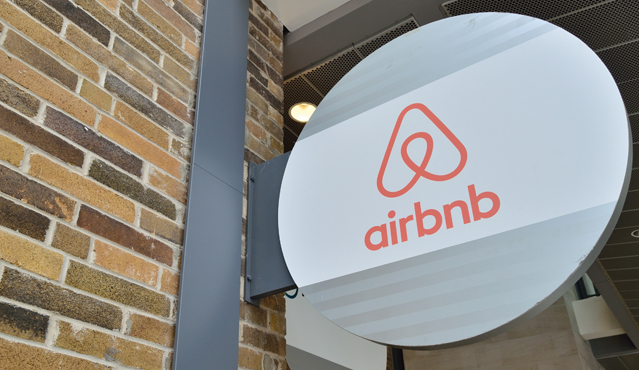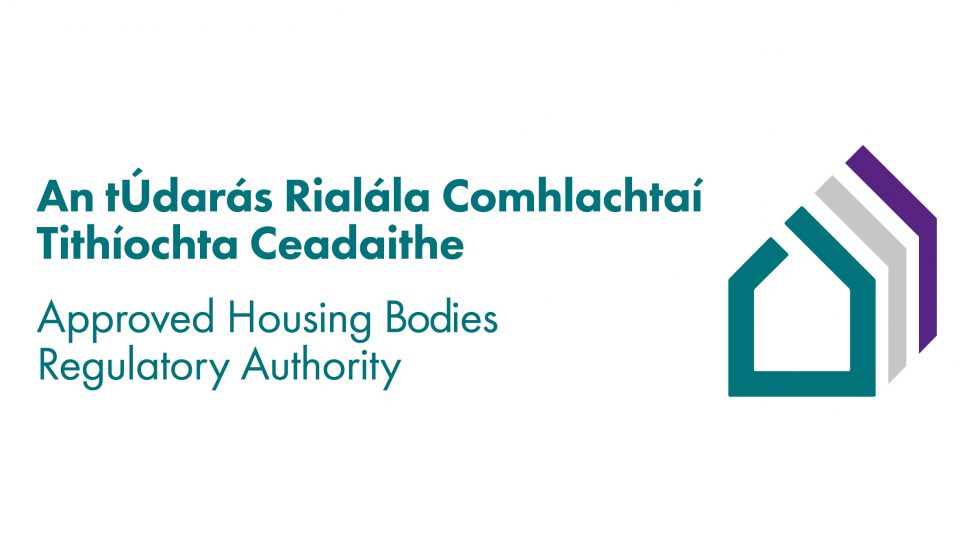
The Labour Party‘s Housing Priorities
1st June 2021
Committee on Housing, Local Government and Heritage work programme
1st June 2021Stricter Airbnb regulation and vacant home tax amongst latest proposals

The Housing Minister has discussed fresh plans for enhanced regulation of short-term letting and vacant land and homes.
In May 2021, Minister Darragh O’Brien TD told a series of parliamentary party meetings that he plans to introduce further regulations on short-term letting in a bid to increase housing availability.
O’Brien is the latest Housing Minister to attempt to get to grips with the popularity of short-term letting platforms like Airbnb, seen as deepening the housing crisis by reducing stock availability and impacting on affordability.
However, there are concerns that the Government may miss a window of maximum opportunity by failing to legislate for stricter regulations prior to the lifting of Covid-19 related restrictions, when demand for short-term letting will once again increase.
The pandemic saw an almost total falloff of demand for short-term letting through platforms like Airbnb. The falloff in demand coincided with an increase of availability of properties previously available for short-term letting available for sale on the housing market.
In early 2020, the Minister had suggested that the State was prepared to buy up those empty properties previously available on short-term letting platforms but later admitted that less properties were purchased than he would have liked.
Instead, he has turned his focus to greater regulations, suggesting that those regulations brought in by his predecessor Eoghan Murphy, need increased resources.
Pent up demand and a greater willingness to holiday closer to home is likely to see demand for properties, such as those available on Airbnb, soar. One potential outcome is that those landlords who may have previously considered offloading their property, simultaneously increasing housing availability and relieving some of the demand pressure, will now be financially driven to retain such properties and avail of growing tourism demand.
In May, O’Brien said his department was close to concluding a piece of work on further regulation of short-term lettings, which will likely enforce the requirement of properties to acquire planning permission to enable advertisements on the Airbnb platform.
Previous Minister Murphy introduced regulations which means that individuals renting out a home for more than 90 days or landlords letting out a second property on a short-term basis must apply for planning permission on a new or retention basis.
However, criticism has been levelled at enforcement of the regulations, with many properties still being available without permissions.
Stricter regulation is expected to feature in the Minister’s forthcoming Housing for All strategy, as is an announcement on a review of the vacant sites levy, which has been deemed as largely ineffective, and the potential introduction of a vacant homes levy.
The introduction of a vacant homes levy has been previously proposed in recognition of a need to combat property investment that leaves properties vacant for long periods. Tánaiste Leo Varadkar discussed the idea when appointed Fine Gael leader in 2017 but stalled progress when research revealed that there was limited scope for significant levels of vacant homes to be brought back in high demand areas.






